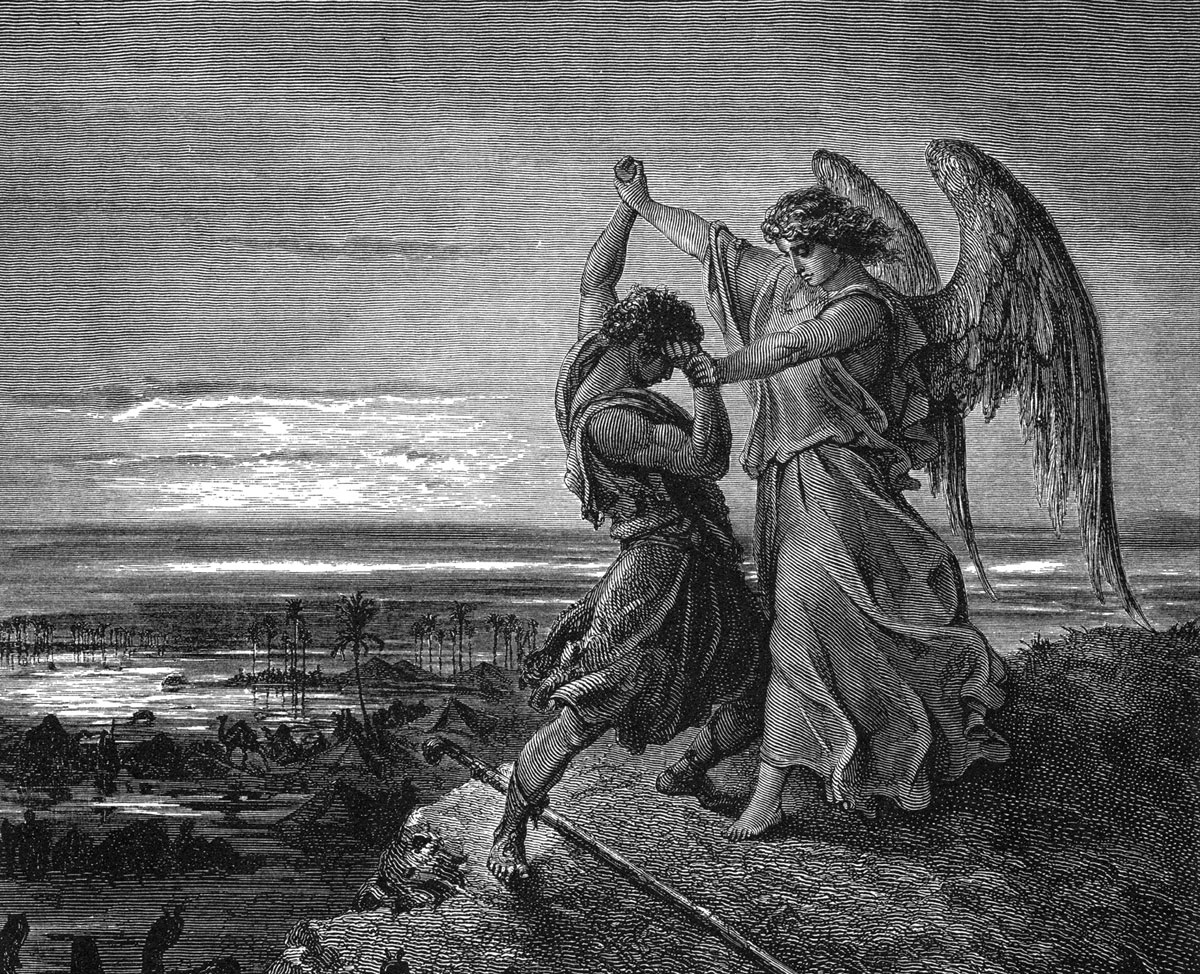Gray Logic, Gray Wisdom
David Mills, Touchstone Associate Editor, recently sent me news of (yet another) publication whose editors believe they represent a “third way” in which the sterile battles of right and left are transcended by charity and good sense. “What it actually proposed,” he says, “was a sloppy sentimental socialism in domestic politics and a sloppy sentimental anti-westernism in international affairs.” Appended was a review of a new book that offers guidelines for the mission of the Church that transcend the division between liberal and conservative ideology by trying “prayer and humility structures” rather than “action and power structures.”
Well, by all means, let us pray and be humble. But if I were a fox, you may be sure I would preach prayer and humility to the gander while he was contemplating the defense of his flock along action and power structure lines. And to be sure, let us avoid ideology when this means wrong ideas, but let us also be aware that one way to dispose of truth is to mingle it with error, and then dispose of the mass as “ideology.” Mills’s use of “sloppy” to define this kind of thinking is quite correct, and I would add that sloppy thinking may also be intricate and rhetorically convincing, like a useless Rube Goldberg device or a piece of trash publicly displayed as art. People should not be taken in by such things.
One does find third ways in various places, but imagining they exist here obscures that what Christians are speaking of when they talk of liberalism and conservatism is belief in dogma. A theological liberal is styled a liberal because he disbelieves or is agnostic about beliefs which a conservative believes and conserves. There is no third way, for example, in thinking about the resurrection of Christ. In the final analysis it either happened or it didn’t, one either believes in it or doesn’t, and lives in its power or not. Not knowing whether Christ arose is not, in Christian view, a third way because that must devolve into either belief or disbelief, the believer or unbeliever himself devolving (whether through purgatory or not) into heaven or hell. If there is a third place, it is in this life, whose chief business is to choose one of two. One should not write books or magazines that tempt people to think otherwise.
THIS ARTICLE ONLY AVAILABLE TO SUBSCRIBERS.
FOR QUICK ACCESS:
S. M. Hutchens is a senior editor and longtime writer for Touchstone.
subscription options
Order
Print/Online Subscription

Get six issues (one year) of Touchstone PLUS full online access including pdf downloads for only $39.95. That's only $3.34 per month!
Order
Online Only
Subscription

Get a one-year full-access subscription to the Touchstone online archives for only $19.95. That's only $1.66 per month!
bulk subscriptions
Order Touchstone subscriptions in bulk and save $10 per sub! Each subscription includes 6 issues of Touchstone plus full online access to touchstonemag.com—including archives, videos, and pdf downloads of recent issues for only $29.95 each! Great for churches or study groups.
Transactions will be processed on a secure server.
more from the online archives
calling all readers
Please Donate
"There are magazines worth reading but few worth saving . . . Touchstone is just such a magazine."
—Alice von Hildebrand
"Here we do not concede one square millimeter of territory to falsehood, folly, contemporary sentimentality, or fashion. We speak the truth, and let God be our judge. . . . Touchstone is the one committedly Christian conservative journal."
—Anthony Esolen, Touchstone senior editor










